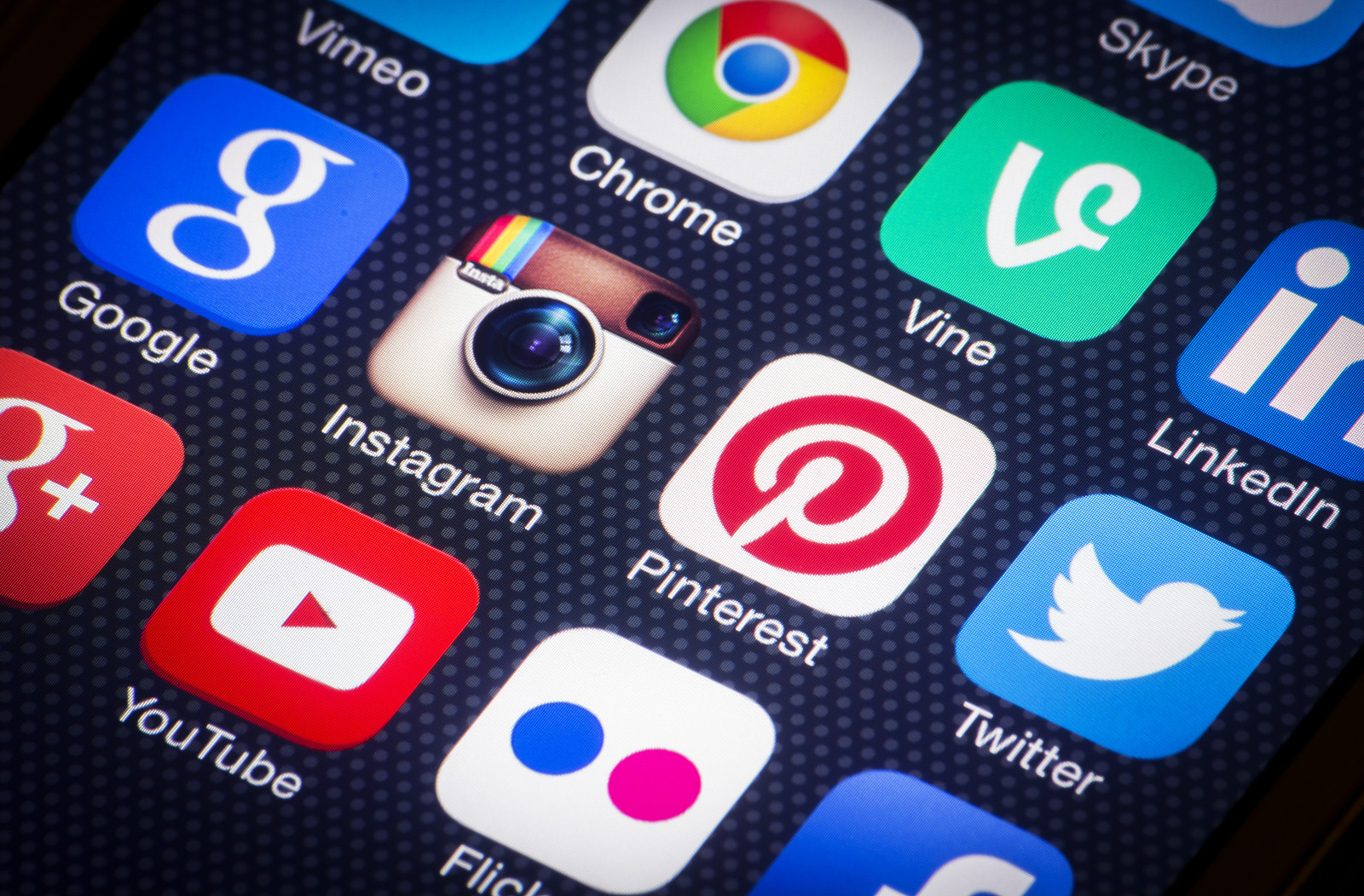The Federal Trade Commission (FTC) has disclosed in a report that tech giants are collecting massive amounts of data from their young users.
The FTC report published Sept. 19 expounded on how social media and streaming companies endanger children and teens who use their platforms. It also showed how “the tech industry’s monetization of personal data has created a market for commercial surveillance – especially via social media and video streaming services – with inadequate guardrails to protect consumers.”
Staffers at the commission examined the practices of various Big Tech companies, including Meta Platforms (Facebook, Instagram and WhatsApp), YouTube, X, Snapchat, Reddit, Microsoft (Discord), Amazon (Twitch) and ByteDance (TikTok).
Samuel Levine, director of the FTC’s Bureau of Consumer Protection, outlined in the report that “these companies engaged in mass data collection of their users and – in some cases – non-users.” He also wrote that “many companies failed to implement adequate safeguards against privacy risks.”
The report also expounded on the various ways the aforementioned companies made use of personal data “from serving hypergranular targeted advertisements to powering algorithms that shape the content we see, often with the goal of keeping us hooked on using the service.”
“These practices pose unique risks to children and teens, with the companies having done little to respond effectively to the documented concerns that policymakers, psychologists and parents have expressed over young people’s physical and mental well-being.”
In a statement, FTC Chair Lina Khan said her agency’s report “lays out how social media and video streaming companies harvest an enormous amount of Americans’ personal data and monetize it to the tune of billions of dollars a year.”
“With few meaningful guardrails, companies are incentivized to develop ever-more invasive methods of collection. While lucrative for the companies, these surveillance practices can endanger people’s privacy, threaten their freedoms, and expose them to a host of harms, from identify theft to stalking.”
Bills meant to protect kids online could infringe on First Amendment rights
Following the release of the FTC report, child welfare advocates urged U.S. lawmakers to pass a pair of controversial bills that seek to protect the youth from “dangerous and unacceptable business practices.” But the two proposals, the Children and Teens’ Online Privacy Protection Act (COPPA 2.0) and Kids Online Safety Act (KOSA), could infringe on young Americans’ rights as guaranteed by the First Amendment.
Josh Golin, executive director of the nonprofit organization Fairplay, lauded the FTC report in a statement. He also called for the COPPA 2.0 and KOSA bills to be enacted into law.
“This report from the FTC is yet more proof that Big Tech’s business model is harmful to children and teens,” he wrote. “Online platforms use sophisticated and opaque techniques of data collection that endanger young people and put their healthy development at risk.”
But rights groups including the American Civil Liberties Union (ACLU) have condemned the KOSA. According to the ACLU, the KOSA – which the U.S. Senate passed in July – “would violate the First Amendment by enabling the federal government to dictate what information people can access online and encourage social media platforms to censor protected speech.”
ACLU and other rights groups have pointed out that the KOSA won’t keep children safe. It would instead threaten young people’s privacy, limit minors’ access to vital resources and silence important online conversations for all ages. Moreover, the ACLU has also raised concerns about how this bill could be used to limit adults’ ability to express themselves freely online or access diverse viewpoints.
Visit BigTech.News for similar stories.
Watch this video about online privacy and security, and how to protect yourself online.
This video is from the Daily Videos channel on Brighteon.com.
More related stories:
Big Government and Big Tech both want your biometric data.
Social media use linked to TEENAGE DEPRESSION, warn mental health experts.
Social media is the JUNK FOOD of human connection: Looks and feels like connection, but leaves you empty, just like junk food.
Sources include:
ChildrensHealthDefense.org
ACLU.org.
Brighteon.com
Read full article here


